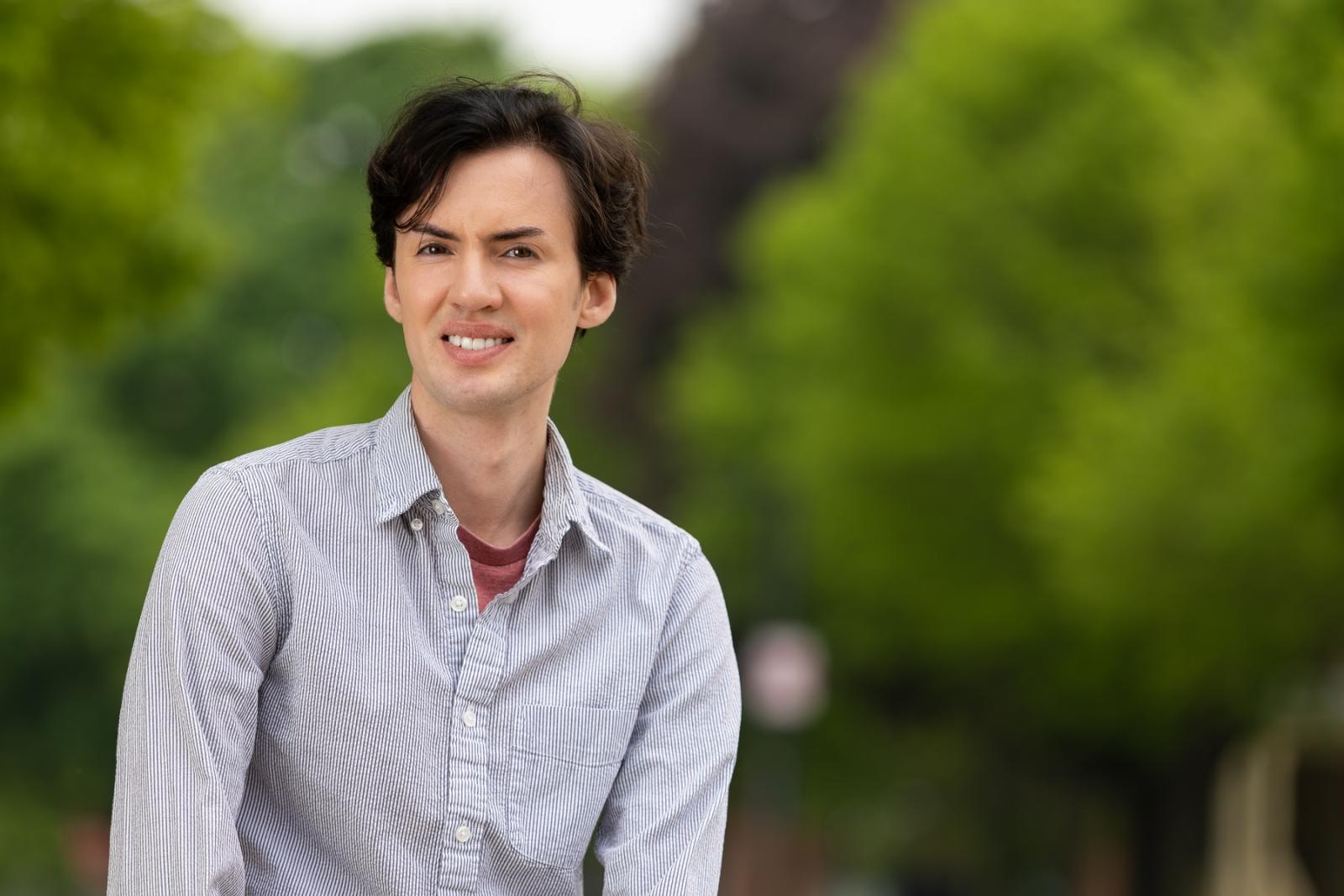Kai Ohara, a first-year Lawrence University student, is heading to South Korea this summer as the recipient of a Critical Language Scholarship (CLS).
Funded by the U.S. Department of State, it is a highly competitive scholarship, awarded annually to about 500 students from an applicant pool of more than 5,000.
As a CLS Scholar, Ohara will spend two months in Gwangju, a city in the southwest part of South Korea, for a language and culture intensive, where he will take a language pledge to use only Korean and take 15 hours a week of language and culture instruction.
“In my application essay, I wrote about moving from America—where Americans of Japanese or Korean descent often share a sense of solidarity and identity as Asian-Americans—to Japan, where Koreans are viewed as the ‘other’ and cultural distance is often emphasized over cultural similarity, and my experiences talking with friends of Korean descent in both countries,” Ohara said. “These relationships and conversations led me to an interest in Korean culture and history, and I hope that studying abroad in Korea this summer will help to add context and nuance to my understanding of the complicated political, historical, economic, and soft-power relations between all three countries—Korea, America, and Japan.”
See how scholarships and awards can enhance your undergraduate education.
Ohara is pursuing an independent study in the Korean language with Matty Wegehaupt, instructor of East Asian studies, in preparation for the summer program.
Ohara said he moved to Japan at the end of high school and spent a yobikou year of college preparation there. He chose to return to the U.S. for his undergraduate study “to support my interdisciplinary interests—law, computing and data science, music theory, linguistics, economics, and global studies—with a more classically liberal-arts style education.”
He learned about Lawrence through the Waseda exchange program, where students from Tokyo’s Waseda University spend an academic year at Lawrence.
“I was intrigued by the curricular flexibility to take music theory courses even as a non-Conservatory student,” Ohara said. “I’m especially interested in intellectual property law, which intersects with forensic musicology, the application of analytical music theory to resolving copyright disputes.”




